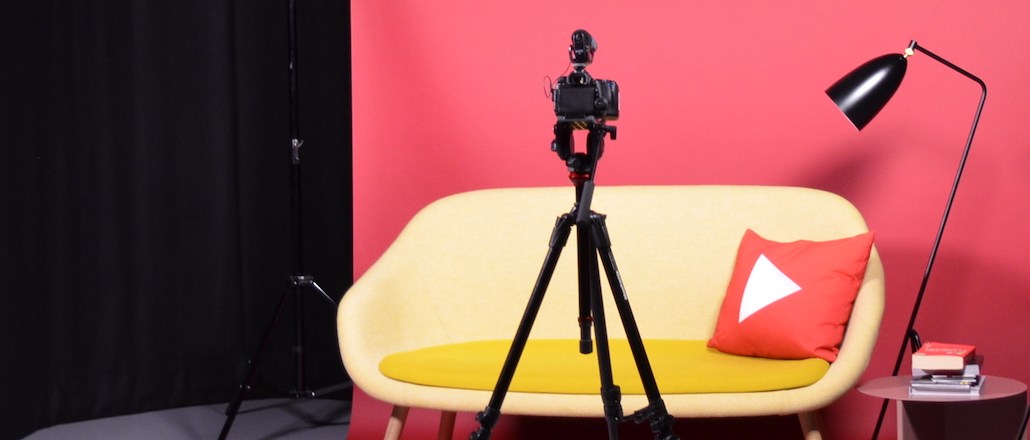The latest college course du jour: How to be a social media influencer 101

Being an influencer (well, a big one) pays. Last week, agency Captiv8 told the New York Times that social stars with over 3 million fans charge advertisers an average of $187,500 per YouTube post or $75,000 per Instagram post.
For many, “influencer” is now a bona fide career choice. And now, mainstream education has taken note.
This week, Scotland’s City of Glasgow College announced its first course for wannabe influencers, titled “How to be a YouTuber/Vlogger”.
Over 10 weeks at its City campus, those who stump up £150 ($200) can learn the tricks of the trade from a mystery YouTuber in a “webcam equipped room”.
The course promises to cover topics like developing a channel, learning the styles of vlogging and the art of self-promotion on social media. There’s also a lesson in how to stay safe online.
Universities in the U.K. have been offering generalist social media courses for several years. Meanwhile, organizations like the Vlog Academy offer vlogger training sessions for corporate groups and individuals. But this course is the first indication that mainstream education is now marketing specifically to wannabe influencers.
Simon Pont, chief strategy officer at influencer agency Brave Bison, said courses like this “should only be seen as a good thing”.
“Talking to camera, breaking the fourth wall, behaving naturally in front of a lens, communicating clearly to an audience: these are terrific skills to have, not ones that come naturally to many of us,” he said.
But not everyone is convinced these are skills that can be taught. Becca Sharples, head of talent at influencer agency Social Chain, says most influencers don’t set out to become high-profile, but gain a following organically by doing interesting things online.
“I don’t know if blogging can be taught in that way. You can have the best camera in the world and the best models, but it doesn’t make you a photographer,” she said.
According to Sharples, 90 percent of enquiries the agency gets are from social media users who have inflated their audience by buying followers. “It’s ineffective for brands if they are shouting into an empty room.”
The college was unavailable for comment, but is already planning its second course — which begins in February.
More in Media

Earnings from social and search players signal that AI will be a long-play investment
Giants like Google, Meta and Microsoft say investors and advertisers might have to wait longer for AI to generate a better return on investment.

Why some publishers aren’t ready to monetize generative AI chatbots with ads yet
Monetization of generative AI chatbot experiences is slow going. Some publishing execs said they’re not ready to add advertising to these products until they scale or can build a subscription model first.

Media Briefing: Publishers who bet on events and franchises this year are reaping the rewards
Tentpole events and franchises are helping publishers lock in advertising revenue.





